All about the horse in the stable
Of course, a horse should be in the pasture as much as possible, but sometimes the barn is necessary. This can be for various reasons, such as immobilization after injury, illness, weather conditions…. In these cases, you might as well optimize the resources made available for your well-being.
The 3 primary needs of a horse
To respect the natural way of life and well-being of the horse, 3 elements are essential:
- He must have social contact
- Being able to eat whenever he wants
- Getting enough exercise
If any of these points are not respected, it is possible for the horse to develop a malaise that can result in tics or even depression. You must therefore remain very attentive to your surroundings and your behavior.

You should also know that the horse’s digestive system is designed to move more efficiently. Je moet ook weten dat het spijsverteringsstelsel van het paard ontworpen is om efficiënter te bewegen. To meet its needs, a horse should receive 1 kg of hay per 100 kg of body weight in addition to its ration.
Recognizing the different tics
Tics are related to stress or boredom. Many factors can trigger them, such as frustration, lack of exit, confinement, a fast and restricted diet, conflicts with conspecifics or the presence of horses that also have tics … The reasons are many, but connect to one point: being sick.

Some can be recognized as the air tic in which the horse opens its mouth, contracts the pharyngeal muscles and breathes in or out air with a characteristic sound. Some can be recognized as the air tic in which the horse opens its mouth, contracts the pharyngeal muscles and breathes in or out air with a characteristic sound. The tic to the bear describes swinging the horse from right to left, from the head or from one front to the other.
These tics can have consequences, especially those related to the intake of air that can promote the development of colic. To learn more about colic, we invite you to check out this article: All About Colic
7 tips to improve your horse’s daily life
- Have a box attached to the box of one or two other horses! When surrounded, he has social contact with his peers and can communicate what is essential to him. Remember that horses live in herds; they are not solitary animals.
- Let him live in a spacious environment. We agree that this point is sometimes complicated to set up, depending on the location, your budget, etc … We would all love to offer our horse a large stall, but sometimes that is not possible. However, if your horse is in a box that it can’t move well in, make sure you get it out regularly and leave plenty of feed so it doesn’t get bored.
- A clean environment! It is not always easy to offer him a spacious playpen, as we said above, but a clean playpen is within everyone’s reach. Your horse’s bedding, be it straw, wood shavings, etc., should be cleaned and kept clean daily. Your horse will feel better and a clean floor will keep his feet healthy.
- It is best to feed him at a set time; a horse needs a feeding routine to feel good. When you stick to set schedules, you reduce stress.
- Unlimited hay and water to prevent boredom and heartburn. As we explained earlier, an underfed horse will cause heartburn, as well as tics that can lead to colic. By feeding continuously, you prevent him from creating acidosis or taking in straws when he runs out of food.
- Visit him every day. You should be aware that having a horse is a big responsibility, even more than having a horse in the barn. You are his landmark and he is waiting for you. If you visit him daily, don’t hesitate to take him outside, even if only for a moment. You can also just release him to let him blow off steam and play with him, this can only be good for his morale and will strengthen your bond.
- Place games in his box. If you follow us on social networks, we offered games for the box: a block of ice with fruit, an apple necklace and a hanging ball. But there are many more, you can just hide carrots or apples in your hay! Nothing better to keep him entertained and prevent boredom.
Finally, the box is not a natural environment adapted to the horse’s needs. Therefore, anything you can do for him is only beneficial. Fighting your companion’s boredom and discomfort is a priority for his well-being.



